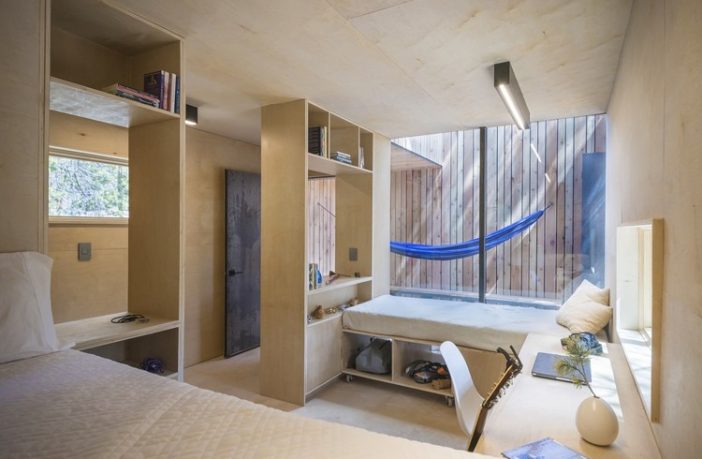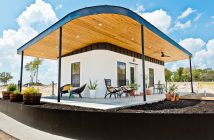As cities become denser and we spend more time inside, interior design becomes a key factor in determining people’s quality of life. From emotional and bodily health to comfort and efficiency when inhabiting spaces, through personal tastes and levels of intimacy we feel for our environment, ambient quality directly affects the human being, and its design must be carried out with attention and responsibility.
In a world where standardized design and misunderstood minimalism could literally end up getting us sick, nothing should be left to chance. Interior architecture can be as complex as it is exciting, and forces us to observe and understand people more carefully than ever.
Related articles:
- Walk-in Showers Without Doors or Curtains: Design Tips and Examples
- Storage Solution for Small Houses: Useful Examples
This article was first published in Arch Daily and is republished with permission.












